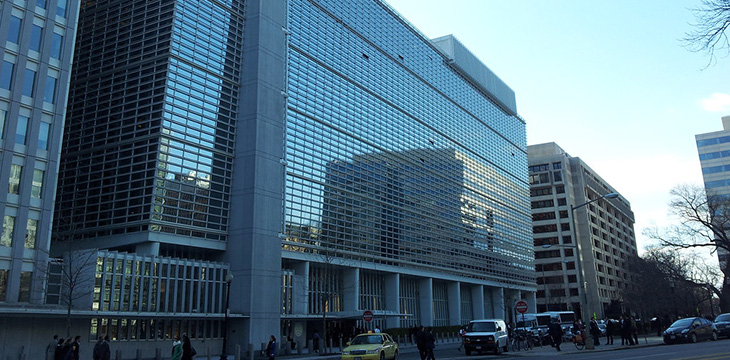|
Getting your Trinity Audio player ready...
|
A dramatic change is coming to the secondary bond trading market. In a release provided by the World Bank, the financial agency explained that they have joined with CommBank to create a first of its kind process that will be able to record secondary transactions on distributed ledgers. This innovation opens the door for a bigger and better thing using blockchain technology.
Bond-i is a blockchain operated debt instrument that was first issued last August by the World Bank. This was done in conjunction with the Commonwealth Bank of Australia, otherwise known as CommBank.
To successfully record the transaction, bond-i uses Ethereum blockchain. This made its debut last August and, with the help TD Securities, they were able to deliver what was considered a first of its kind transaction using these blockchain bonds.
Explained vice president and treasurer of World Bank, Jingdong Hua:
“Enabling secondary trading recorded on the blockchain is a tremendous step forward towards enabling capital markets to leverage distributed ledger technologies for faster, more efficient, and more secure transactions.”
This news comes just a few weeks after Societe Generale, a French credit institution, was able to launch their €100 million bond. This continues the process that many financial institutions have followed, trying to extend blockchain bonds beyond financial institutions and the banking sector.
In April, it was disclosed that the IMF had collaborated on a project with the World Bank to launch what it referred to as “Learning Coin.” This project was specifically geared towards teaching organizations about how blockchain technology works.
In 2018, Christine Lagarde, the head of the IMF, gave a speech at the Singapore Fintech Festival in which she posed the idea of “central-bank digital currencies” and how it was time to start taking a closer look at this. During the speech, she cited the fact that many institutions were allowing for digital payments to be used, and referenced Bitcoin Core, Ethereum, and XRP by name. She explained that these cryptocurrencies are “vying for a spot in the cashless world” which, to her, appears to be the wave of the future.
In addition, three governments of developing nations revealed to the World Bank in April of their plans to create a Bitcoin bond.
With all of this talk of using blockchain technology to assist in the development of these bonds, it is no wonder that some of the largest financial institutions in the world are jumping on board. Explained Sophie Gilder, an executive at Commonwealth Bank, “Blockchain has the potential to streamline processes for raising capital and trading securities, improve operational efficiencies, and enhance regulatory oversight.”
It should be noted that several other financial institutions are testing blockchain based systems for the creation of bonds. Besides SocieteGenerale, the list includes Santander and Al Hilal Bank.

 02-15-2026
02-15-2026 




